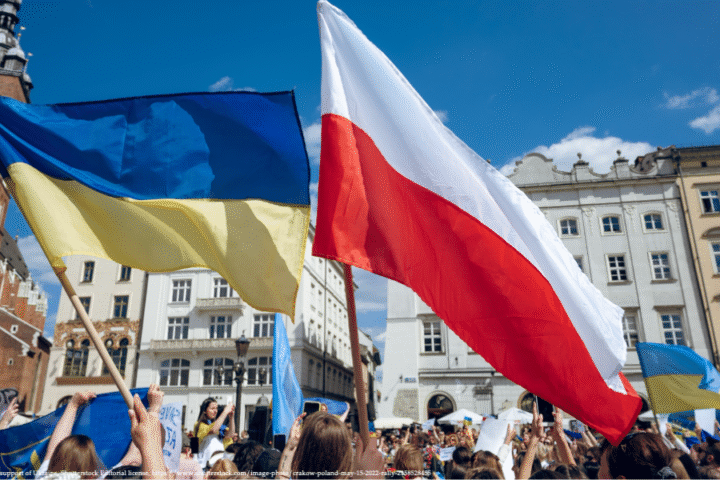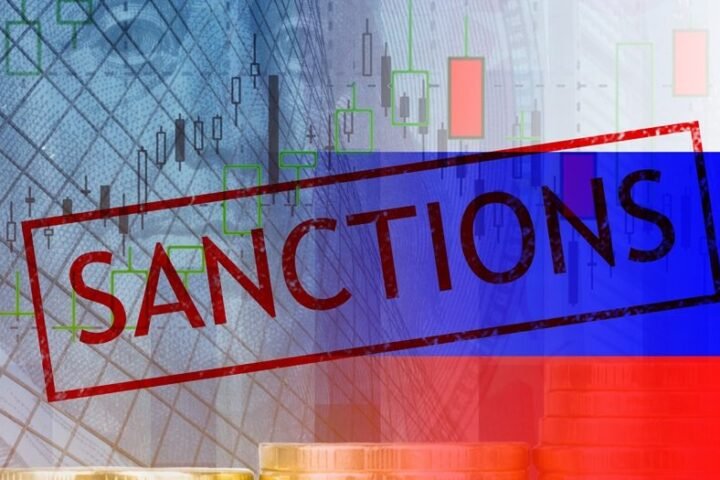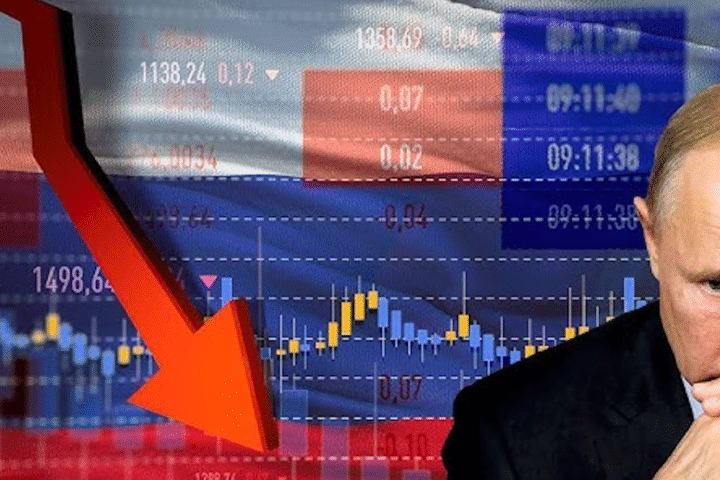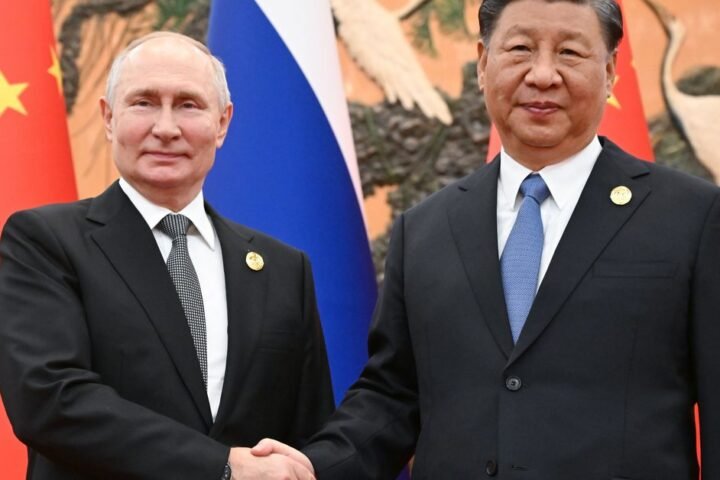A mass protest is set to unfold in Vilnius on August 26 as up to 10,000 people are expected to rally against the formation of Lithuania’s new ruling coalition. Local authorities have authorized the demonstration, which organizers describe as a “day of shame,” accusing the Social Democratic Party of breaking promises by aligning with controversial political forces. According to Delfi, protesters denounce the inclusion of groups opposing sanctions on Russia and Belarus, as well as those promoting anti-vaccination rhetoric and weakening referendum rules.
Coalition formed amid Siauliai government shake-up
The rally coincides with a parliamentary vote on the appointment of Social Democrat Inga Ruginienė as prime minister. Her candidacy follows the July resignation of former premier Gintautas Paluckas, who stepped down under corruption allegations. On August 25, the Social Democrats signed a coalition agreement with the populist “Dawn of the Neman” party, led by Remigijus Žemaitaitis, and the faction of the Lithuanian Farmers, Greens and Christian Families Union. Žemaitaitis has previously called for reducing aid to Ukraine and is known for antisemitic remarks.
Controversy over pro-Russian political presence
The new coalition also embraces the Lithuanian Polish Electoral Action–Christian Families Alliance, a group long criticized for its pro-Russian leanings. Its leader, MEP Waldemar Tomaszewski, has been photographed wearing the St. George ribbon and has publicly justified Russia’s annexation of Crimea. Farmers and Greens leader Aurelijus Veryga has stated that his bloc will control both the Economy and Justice ministries, with the justice portfolio likely going to a member of Tomaszewski’s party — a move analysts warn could undermine Lithuania’s judiciary and international partnerships.
Risks for Lithuania’s Ukraine policy and regional stability
Critics argue that the coalition’s composition poses significant risks for Lithuania’s foreign and domestic policy. While formal support for Ukraine may continue, parties within the new government have previously advocated scaling back military and financial aid. Observers warn that Russian propaganda could exploit these divisions to erode public trust in the government and NATO, while weakening Lithuania’s role as a reliable supporter of Kyiv. Handing the Justice Ministry to a pro-Russian faction is viewed as a strategic vulnerability that could destabilize Lithuania’s institutions and international standing.










